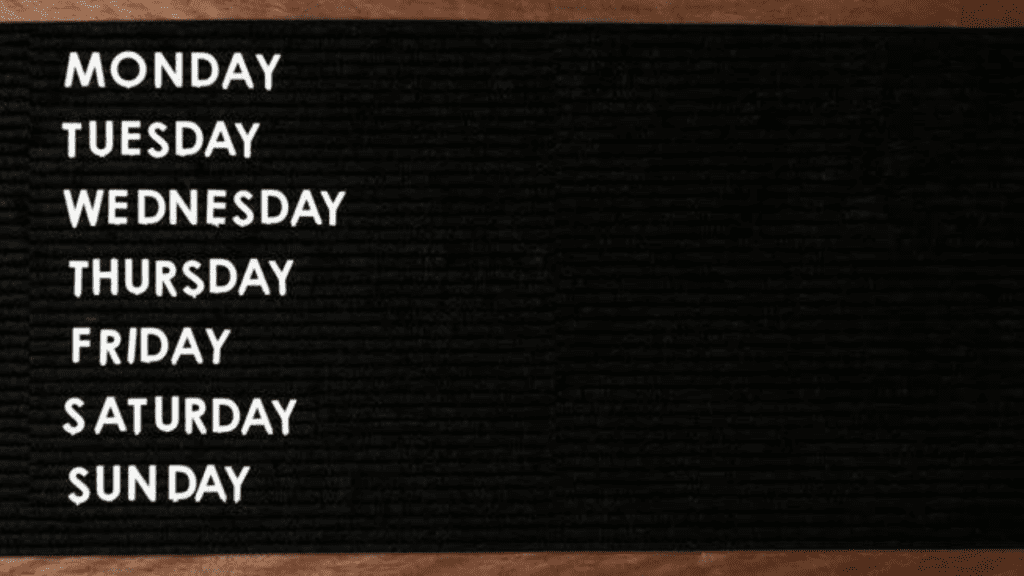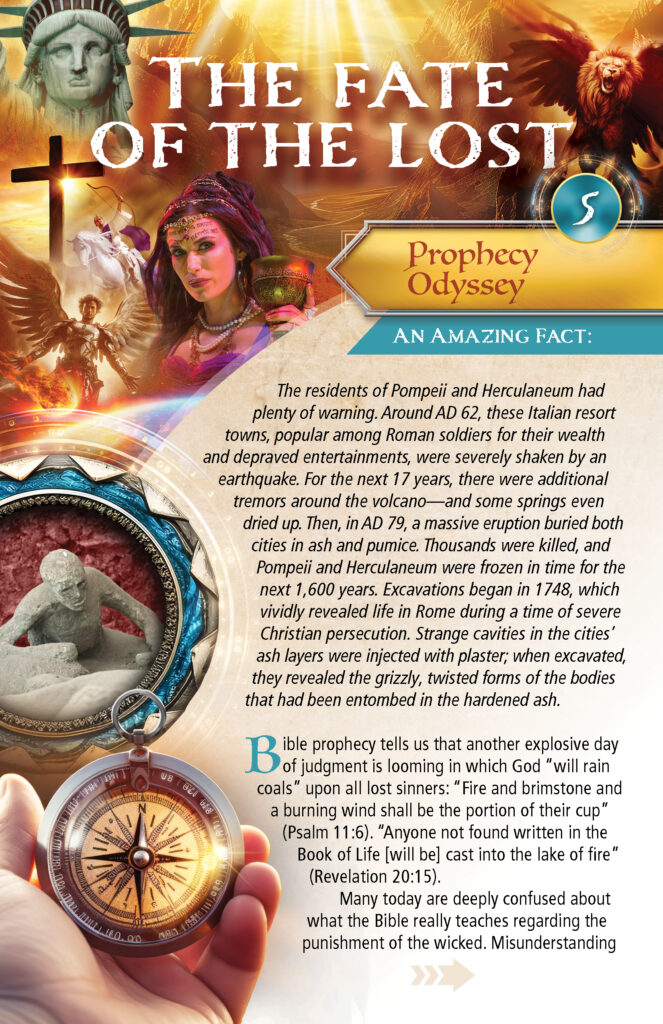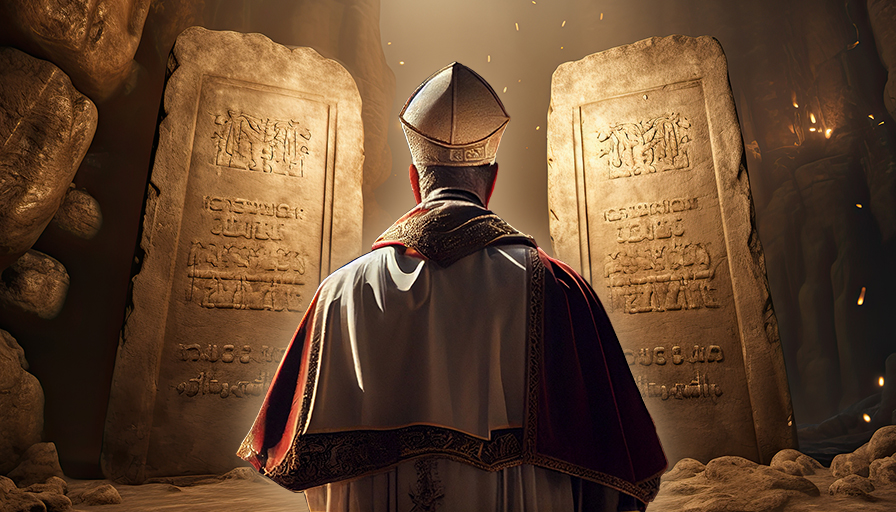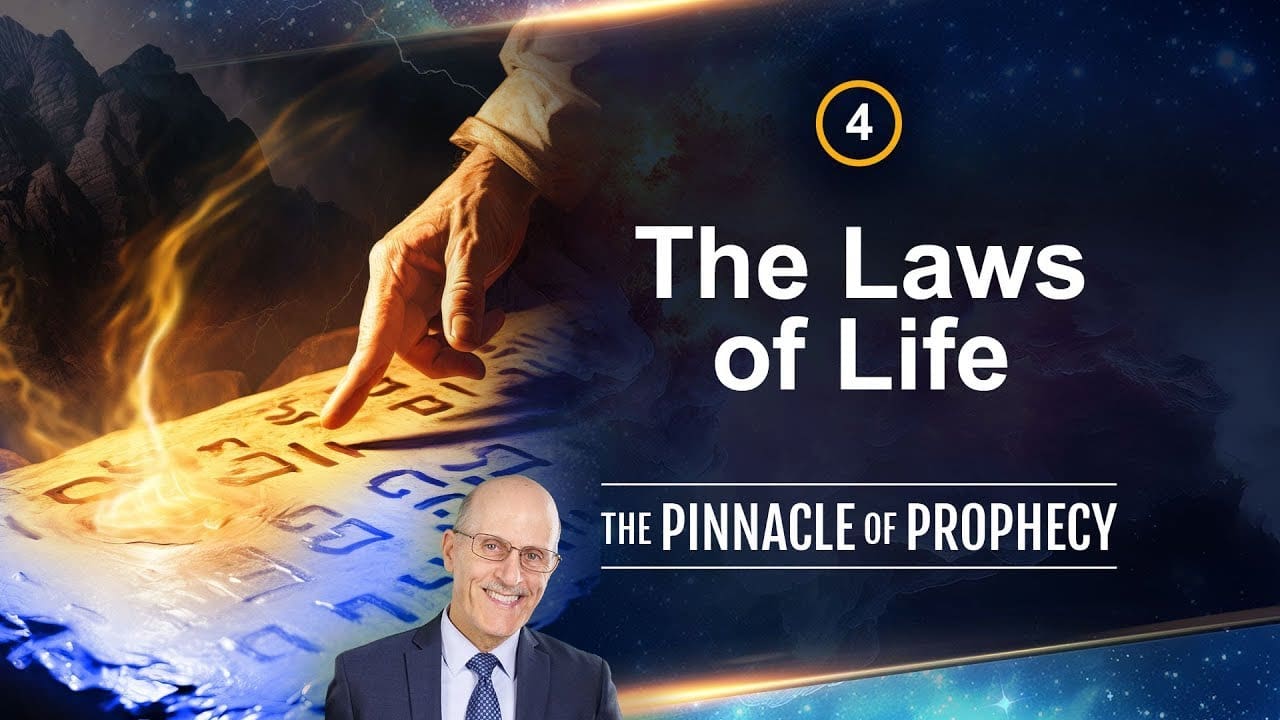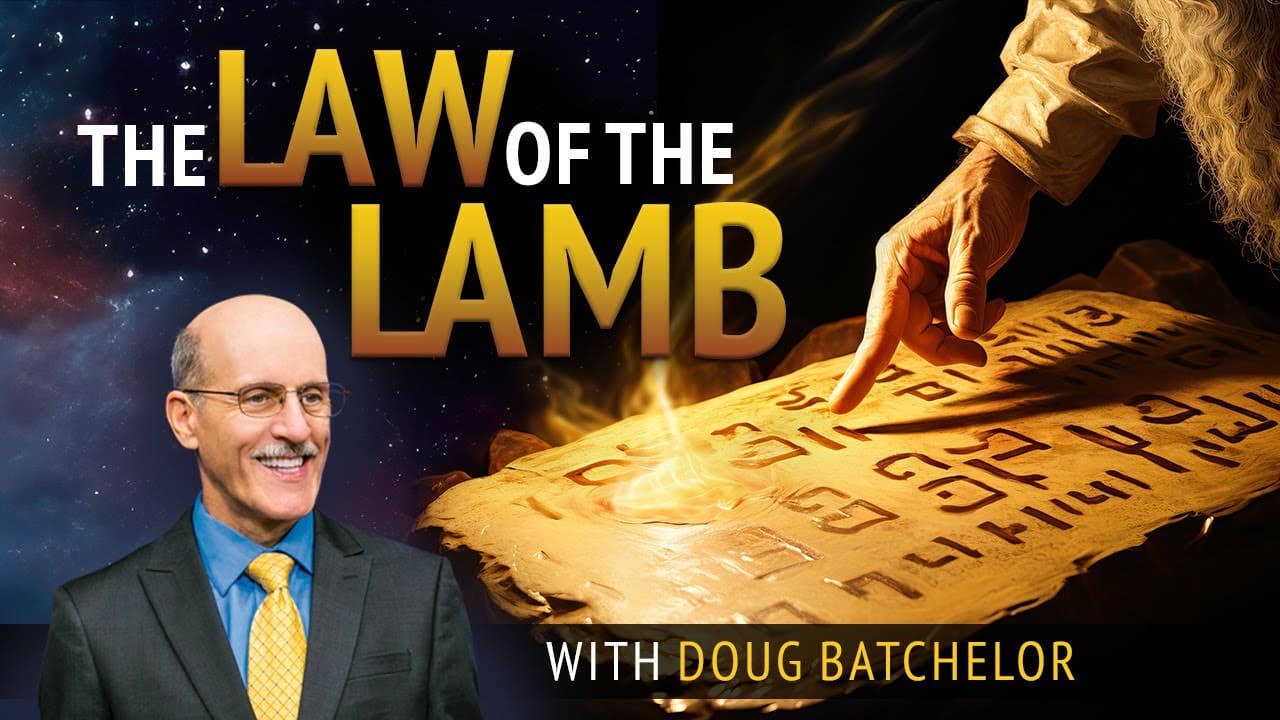The Ten Commandments, written by God on tablets of stone, are clear. They serve as the eternal, unchanging moral law for all people. While most of the commandments begin with “You shall not,” the fourth commandment starts with the word “Remember.” This is because God wanted His people to recall something that had been forgotten.
The origin of the Sabbath is described in Genesis 2:1-3. On the seventh day, God completed His work and blessed and sanctified it. The seventh day was to be kept holy by resting, while the other six days were designated for work. The blessing of God makes the seventh day different from the rest.
The Sabbath is like a birthday celebration for the world, a memorial of a significant event. It cannot be changed because it points back to an established historical event. Just as the Fourth of July commemorates the signing of the Declaration of Independence and cannot be changed, the Sabbath memorializes God’s creation of the world and its significance cannot be changed.
God did not give humanity the privilege of choosing their own day of rest. He specifically selected and sealed the Sabbath as a divine appointment. In Exodus 16, God provided manna for the Israelites for 40 years. Miraculously, no manna fell on the seventh day, and the manna collected on the sixth day remained fresh for the Sabbath. When some people went out to gather manna on the seventh day, God rebuked them for breaking His commandment.
The same principle applies today. Breaking any of the Ten Commandments is considered a sin, as explained by James in James 2:10-11. Therefore, choosing to observe a different day as a substitute for the Sabbath would still be considered a transgression.
Satan seeks to deceive people by suggesting that any day can be made holy. However, he is preparing the world to accept a substitute for the Sabbath that God clearly commanded. The Sabbath is a distinct and sacred day set apart by God, and it should be observed accordingly.


